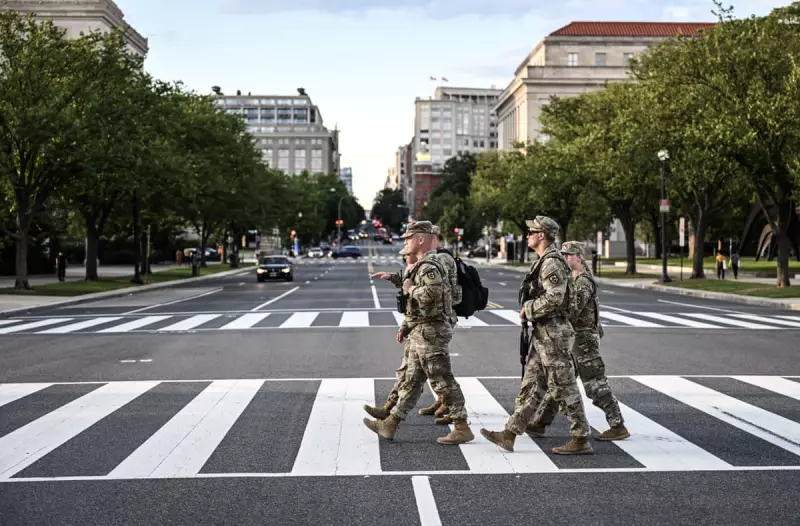
A storm of controversy has erupted over former President Donald Trump's latest proposal: a large-scale 'beautification' project for Washington D.C. that would utilise National Guard troops to perform tasks like trash collection and graffiti removal.
The plan, which Trump has framed as a 'patriotic' effort to restore the capital's grandeur, has been widely condemned as a blatant misuse of military resources and a worrying step towards politicising the armed forces. Critics argue it is less about civic improvement and more about projecting a powerful, authoritarian image of control.
A Vision of Order or Political Theatre?
Trump's vision, detailed in recent communications, portrays a capital city in disrepair, requiring a military-led intervention to address what he describes as neglect. The initiative is being pitched as a necessary measure to ensure the city is a pristine symbol of American power.
However, opponents and defence analysts have been quick to point out the profound irregularity of the concept. The National Guard's primary duty is to respond to domestic emergencies and support national defence, not to act as a municipal cleaning service for political optics.
Fierce Backlash and Ethical Concerns
The reaction from political figures and commentators has been swift and severe. The proposal has been labelled 'authoritarian,' 'un-American,' and a dangerous precedent that would blur the crucial lines between civilian governance and the military.
Key concerns raised include:
- Misallocation of Resources: Diverting Guardsmen from critical training and readiness exercises for cosmetic purposes.
- Politicisation of the Military: Using troops as a backdrop for a political narrative, undermining their non-partisan status.
- Logistical Absurdity: The immense cost and complexity of mobilising and housing thousands of troops for such a task.
- Insult to the City: The implication that Washington D.C.'s own services are failing, a claim local officials strongly reject.
A Pattern of Provocation
For many observers, this is not an isolated incident but part of a broader pattern where Trump has suggested deploying military power for domestic, politically-charged purposes. The 'beautification' plan is seen as a symbolic gesture, reinforcing a narrative of a strong leader imposing order.
As the debate rages, the proposal faces significant legal and practical hurdles. It remains highly uncertain whether such a plan could ever be implemented, but it has successfully ignited a fierce conversation about the role of the military in public life and the lengths to which a leader might go to craft a specific public image.





